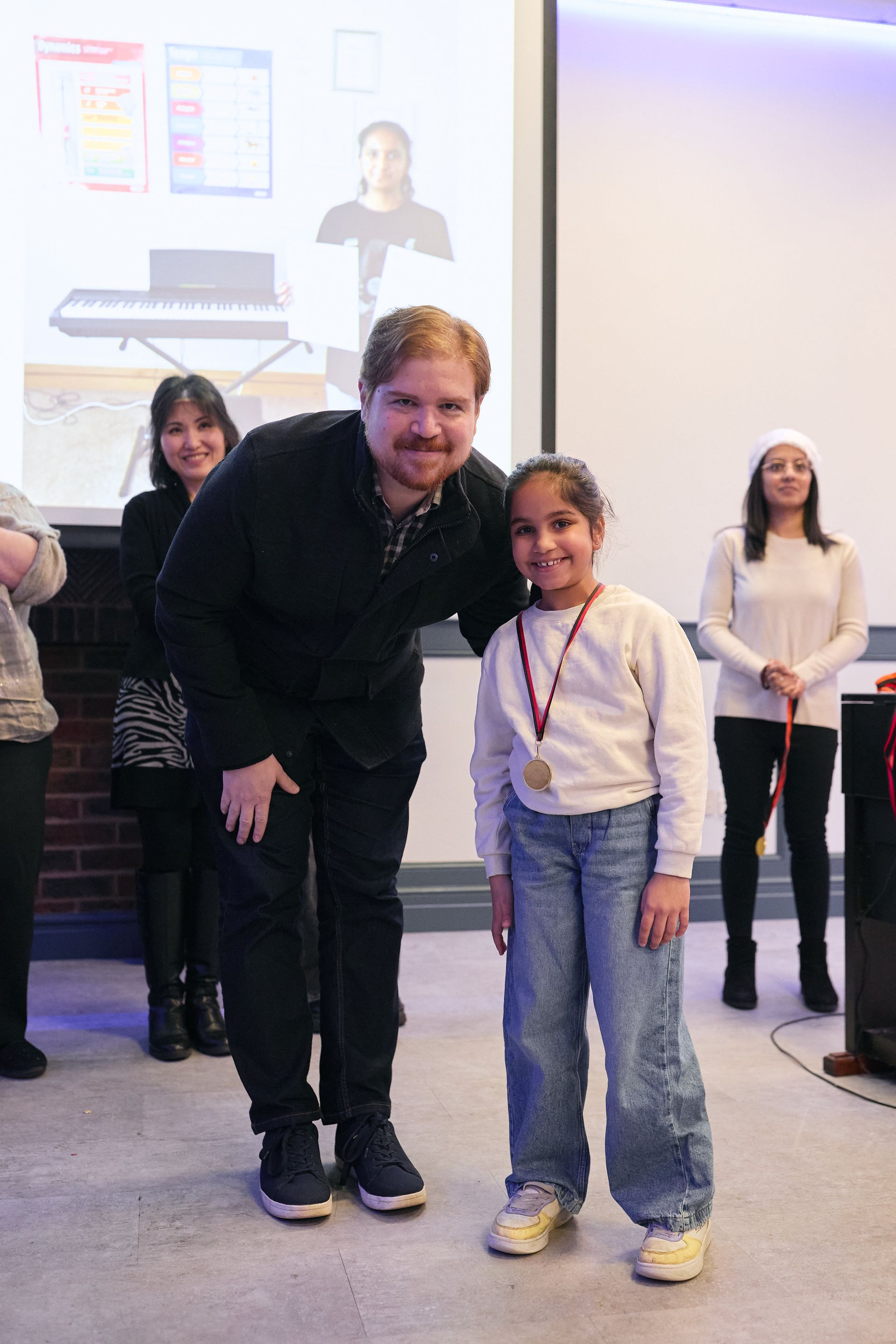The Top Five Mistakes of Beginner Piano Players and How to Fix Them
Learning piano is an exciting journey, but beginners often run into the same challenges. Don’t worry—every pianist makes mistakes! The key is knowing how to fix them early. Let’s look at the five most common mistakes and how you can avoid them.
1. Skipping Warm-Ups
Warming up might not seem exciting, but it’s essential for improving technique and preventing hand strain. Fix: Start each practice with simple finger exercises like scales and arpeggios.
2. Ignoring Posture & Hand Position
Bad posture can cause tension and slow down your progress. Fix: Sit with a straight back, relaxed shoulders, and curved fingers. Ask your teacher to check your posture!
3. Relying Too Much on Sheet Music
It’s tempting to read every note instead of listening and feeling the music. Fix: Try memorizing small sections and playing by ear to develop musical intuition.
4. Playing Too Fast, Too Soon
Rushing through a piece leads to mistakes and frustration. Fix: Start slow! Gradually increase speed once you can play accurately.
5. Not Practicing Consistently
Cramming hours of practice into one day won’t help—you need steady, regular practice. Fix: Even 10–15 minutes a day is better than one long session a week.
Action Tip: Pick one mistake to focus on this week and make a small change to improve it!
Get in touch to find out more information here: www.keysoundsuk.com/contact.



